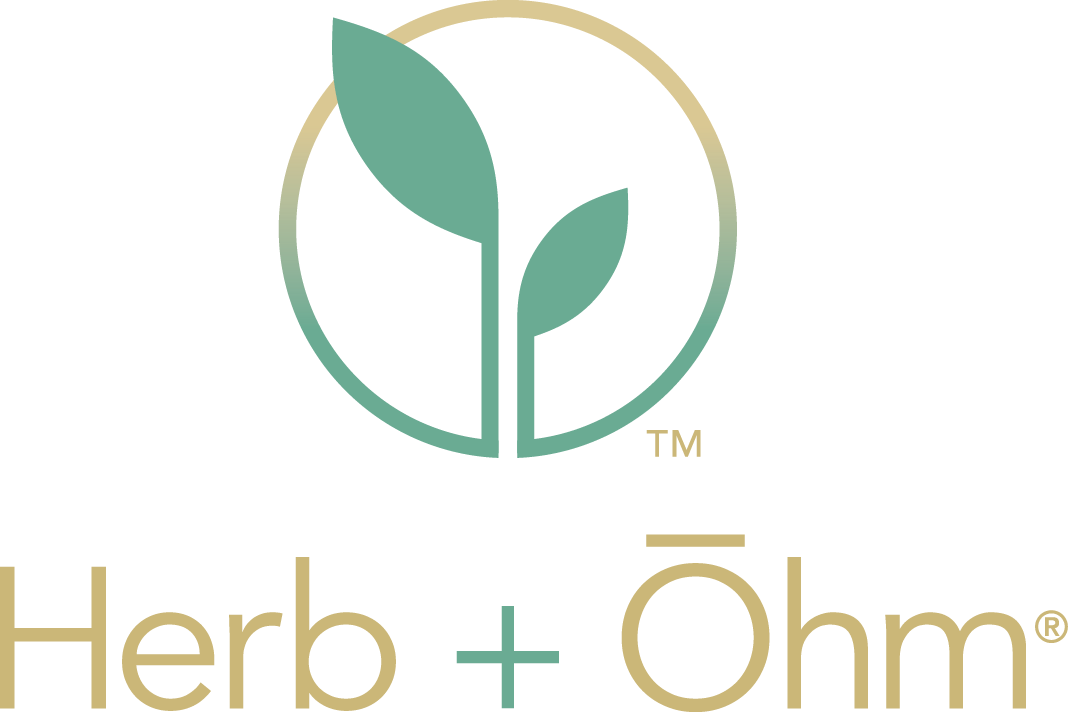Free Up the Freeze: Restore Movement from Frozen Shoulder with Acupuncture
Frozen shoulder, also known as adhesive capsulitis, is a painful condition that limits shoulder movement and can be a major barrier to daily activities. The stiffness, pain, and reduced mobility can affect not only your physical function but also your emotional well-being. Conventional treatments, like physical therapy and medication, often provide only temporary relief, and many people are left searching for a more holistic, long-lasting solution.
At Herb + Ōhm in Chicago, we understand the challenges that come with frozen shoulder, and we believe acupuncture and Chinese Medicine offer a comprehensive approach to both pain relief and healing. In this blog, we’ll explore how these ancient therapies can promote flexibility, alleviate pain, and help restore movement to your shoulder.
Understanding Frozen Shoulder: Causes, Symptoms, and Impact
Frozen shoulder occurs when the connective tissue around the shoulder joint thickens and tightens, restricting movement. The condition typically progresses in three stages: the freezing phase, the frozen phase, and the thawing phase. During each phase, pain and limited range of motion are the hallmark symptoms. Common signs include:
Severe pain or stiffness in the shoulder joint, particularly at night.
Difficulty raising your arm or rotating your shoulder.
Loss of shoulder mobility, leading to an inability to perform simple tasks like reaching overhead.
While frozen shoulder can develop without an apparent cause, some factors increase the risk, including injury, surgery, diabetes, or prolonged immobility.
Potential Causes of Frozen Shoulder
The exact cause of frozen shoulder remains unclear, but it is believed to involve inflammation in the shoulder joint’s capsule, the connective tissue surrounding the joint. Other potential contributing factors include:
Injury or Surgery: A previous shoulder injury or surgery may cause the shoulder to be immobilized for a period, which can trigger frozen shoulder.
Chronic Health Conditions: Conditions such as diabetes, cardiovascular disease, and thyroid disorders increase the likelihood of developing frozen shoulder.
Age and Gender: Frozen shoulder is more common in people between the ages of 40 and 60, especially women.
Immobility: Prolonged inactivity or keeping the arm still due to pain or injury can lead to the development of frozen shoulder.
Lifestyle Changes to Aid Recovery
While acupuncture and Chinese Medicine offer significant benefits, adopting certain lifestyle changes can help accelerate recovery from frozen shoulder. Consider these tips:
Gentle Stretching: While it’s important not to push your shoulder too hard, gentle stretching exercises can help restore mobility over time.
Regular Movement: Keeping the shoulder joint moving, even minimally, helps prevent further stiffness and promotes circulation.
Pain Management: Use ice or heat treatments as needed to alleviate discomfort and inflammation.
Ergonomics: Ensure your work and home environments support good posture and joint positioning to prevent further strain on your shoulder.
The Benefits of Acupuncture and Chinese Medicine for Frozen Shoulder
Acupuncture and Chinese Medicine focus on treating the root causes of conditions like frozen shoulder, balancing the body’s energy, and promoting natural healing. Here’s how these therapies can support recovery:
Reducing Inflammation and Pain
Acupuncture works to regulate the body’s inflammatory response by stimulating specific points on the body. In the case of frozen shoulder, acupuncture can target the affected area to reduce inflammation and promote healing. This reduces pain and helps to restore mobility in the shoulder.
Improving Circulation and Joint Mobility
In Chinese Medicine, acupuncture is used to stimulate the flow of Qi (energy) and blood through the body. This improved circulation helps nourish the shoulder joint and promote flexibility. By increasing blood flow to the affected area, acupuncture helps relax tight muscles and tendons, reducing stiffness and increasing the range of motion.
Balancing the Body’s Energy
Frozen shoulder often stems from imbalances in the body’s energy systems, and acupuncture aims to restore balance. By addressing these energy blockages, acupuncture can help facilitate the healing process and encourage the body to naturally repair itself.
Reducing Stress and Tension
Chronic pain, like that experienced with frozen shoulder, can lead to stress and muscle tension in other areas of the body. Acupuncture has been shown to reduce stress levels by calming the nervous system, which can provide both physical and emotional relief. This stress reduction further supports the body’s ability to heal.
Enhancing Healing with Gua Sha and Herbal Medicine
In addition to acupuncture, Gua Sha—a traditional Chinese technique involving the scraping of the skin—can be applied to the shoulder area to release tension, improve blood flow, and relieve pain. Chinese herbs can also be used to promote healing by reducing inflammation and improving joint function.
Why Choose Acupuncture at Herb + Ōhm in Chicago?
At Herb + Ōhm, our team of skilled acupuncturists and herbalists specializes in providing personalized treatment plans for conditions like frozen shoulder. Using healing therapies such as acupuncture, Gua Sha, and Chinese herbal remedies, we offer holistic care designed to address the root causes of your symptoms. Our goal is to help you regain full range of motion, reduce pain, and restore balance to your body, naturally.
Dr. Amy Wolf, DACM, L.Ac, says:
“It’s how we combine acupuncture with all of our other healing therapies that gets us the great results that we do. We give people their lives back.”
If you’re struggling with frozen shoulder and looking for an alternative treatment option, acupuncture and Chinese Medicine could be the solution you’ve been searching for. Reach out to us today to schedule a consultation and start your healing journey.
Stay well,
The Herb + Ōhm Team

